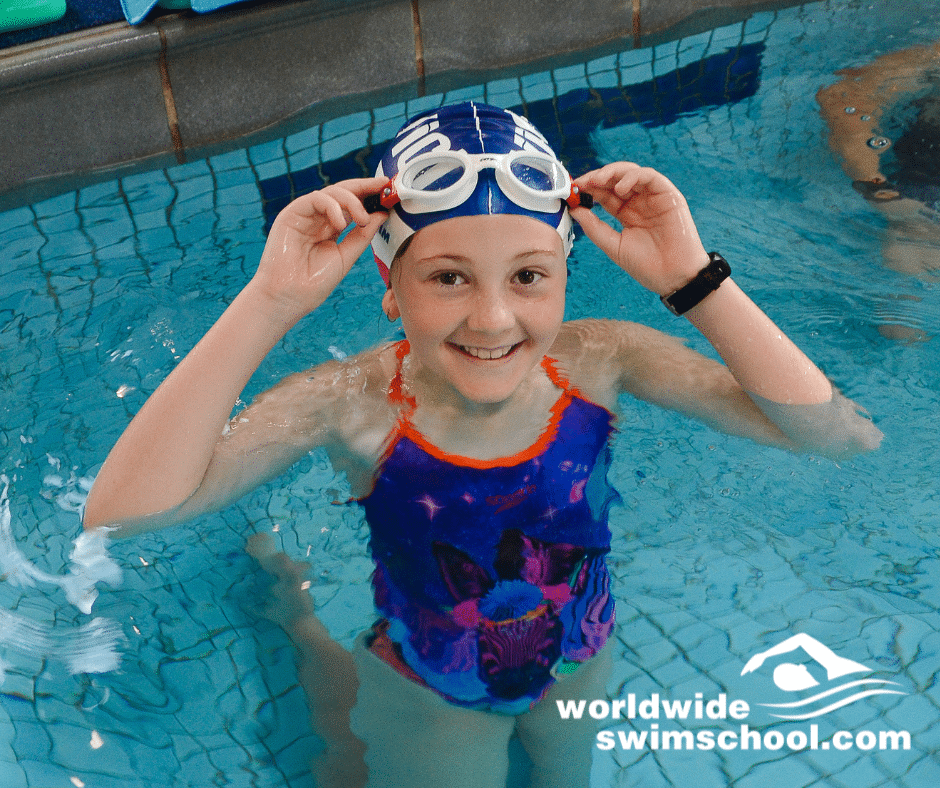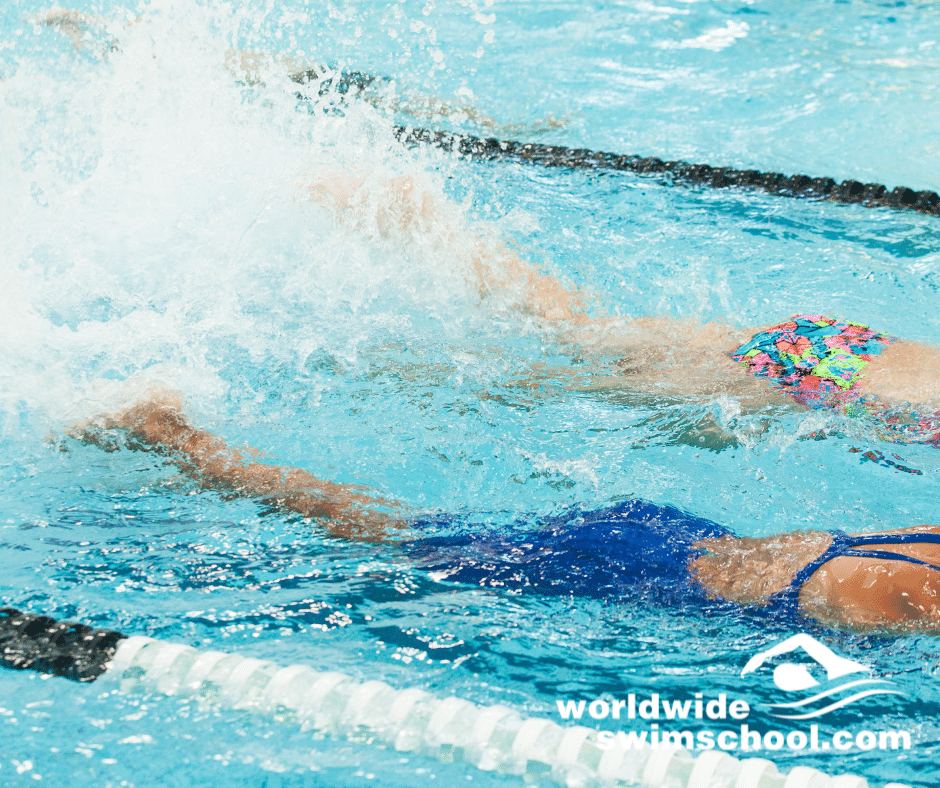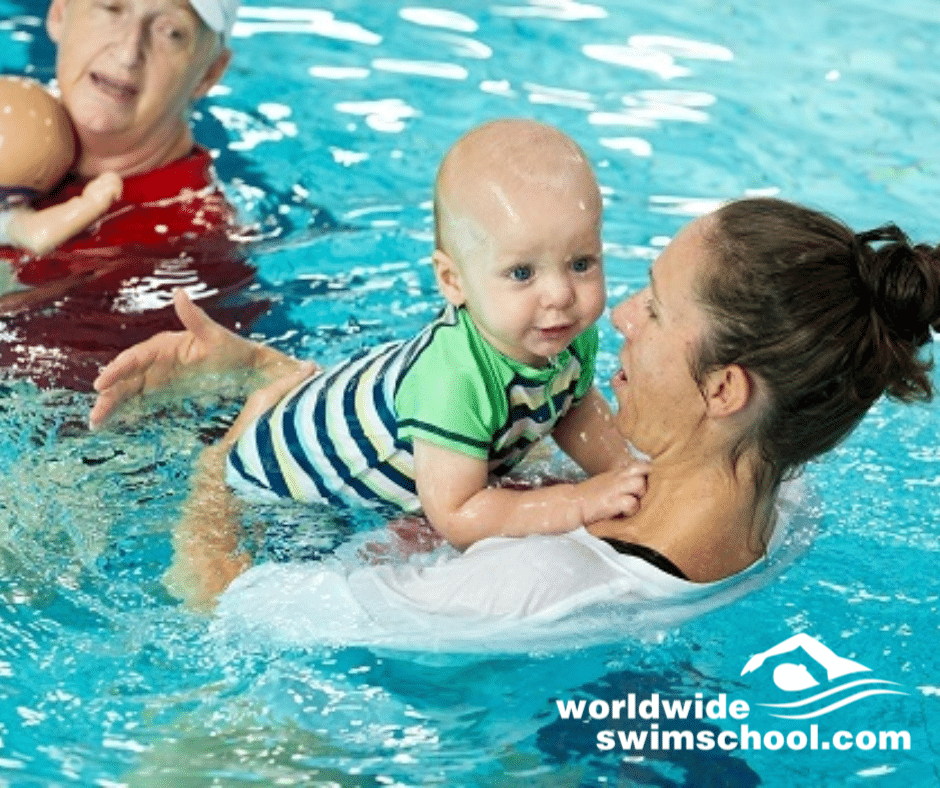Some days they are full of energy and others they need plenty of sleep. Parents and teachers should be aware of this and plan swimming lessons and practice accordingly. Here, we discuss when should you stop swimming with your baby and dry off. Babies are little individuals Once a baby is tired and has had […]
Swim Lessons, Techniques & Tips: Blog & Articles
Hypoxic Training and Shallow Water Blackout
Shallow water black out, in its most simple term, is the loss of consciousness from extended breath holding. In competitive swimming athletes are at high risk. Especially when doing repeated sets where they are pushing themselves to go further in their underwater work. This is used in preparation for competition because the underwater dolphin kick […]
Maximum Practice Time in Swimming Lessons
Maximum practice time in the swimming lesson is essential for faster acquisition of swimming skills. Great swimming teachers always look for ways to ensure that maximum practice time is achievable during swimming lessons. As a swimming teacher how can you best achieve maximum practice time in your classes? Tip #1 Group children by ability To […]
When Should you Introduce Swimming Goggles
Once children have been through the water familiarisation process, are happy playing and swimming underwater, and spend a lot of time doing so, you can introduce goggles. Goggles are very useful to help protect the children’s eyes against prolonged chlorine exposure and ph imbalances. You will notice that some children will have more sensitive eyes […]
Swimming Floats and Independent Skill Building
Swimming must be enjoyable In this video, Evie, who is 7 months of age, will show you how much she is enjoying her swimming lessons. She is conditioned to hold her breath on our verbal trigger ‘Evie, ready go’. Because she masters breath control, she can submerge safely underwater for a few seconds. Babies must […]





